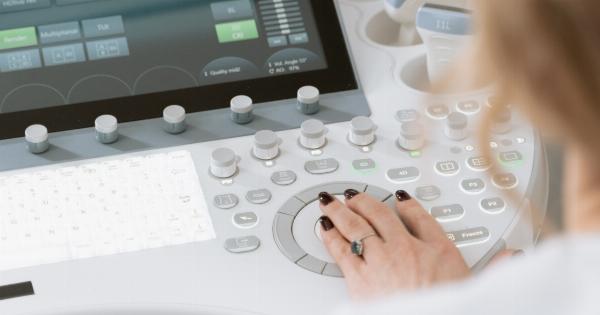Prostate exam is an essential screening test that can detect prostate cancer early and prevent the spread of the disease.
Early detection of prostate cancer enhances the chances of successful treatment, therefore, it’s necessary to get regular prostate exam. However, many men still shy away from getting the test done due to lack of awareness and cost of the exam. Fortunately, many hospitals offer free prostate exam, which makes it easier for men to get screened.
Why getting a prostate exam is important
Prostate cancer is the second leading cause of cancer-related deaths in men, but with early detection and treatment, prostate cancer is highly treatable.
The prostate exam is a simple procedure that involves checking the prostate gland to evaluate its condition and detect any signs of cancer. The earlier prostate cancer is detected, the easier it is to treat, and the better the outcome for the patient.
Who should get a prostate exam
The American Cancer Society recommends that men who are 50 years or older and have an average risk of prostate cancer should get screened for prostate cancer yearly.
Men who are at a higher risk of prostate cancer, such as those with a family history of the disease, should get screened earlier and more frequently.
Types of prostate exam
There are two types of prostate exam – digital rectal exam (DRE) and prostate-specific antigen (PSA) test.
Digital rectal exam (DRE)
Digital rectal exam (DRE) is the most common type of prostate exam. During the exam, the doctor inserts a lubricated and gloved finger into the rectum to feel the prostate gland for any abnormalities that may indicate the presence of prostate cancer.
Prostate-specific antigen (PSA) test
The prostate-specific antigen (PSA) test is a blood test that measures the level of PSA, a protein that is produced by the prostate gland.
Elevated PSA levels may indicate the presence of prostate cancer, but sometimes, high PSA levels may be due to other non-cancerous conditions such as an enlarged prostate or an infection.
How to prepare for a prostate exam
Before the prostate exam, you should discuss any medications or supplements you are taking with your doctor, as some medications or supplements may interfere with the test results.
You should also avoid sexual activity, riding a bike, or any other activities that may irritate the prostate gland for at least 24 hours before the exam.
Where to get a free prostate exam
Many hospitals offer free prostate exam to men who cannot afford to pay for the screening. You can contact your local hospital or community health clinic to inquire about the availability of the screening and how to schedule an appointment.
You can also check with your insurance provider to see if they cover the cost of the screening.
Conclusion
Prostate exam is a vital screening test that can detect prostate cancer early and prevent the spread of the disease. Regular screening is important, particularly for men over 50 years or those with a higher risk of prostate cancer.
Fortunately, many hospitals offer free prostate exam, which makes it easier for men to get screened and ensure they stay healthy.





























